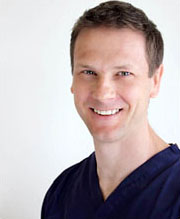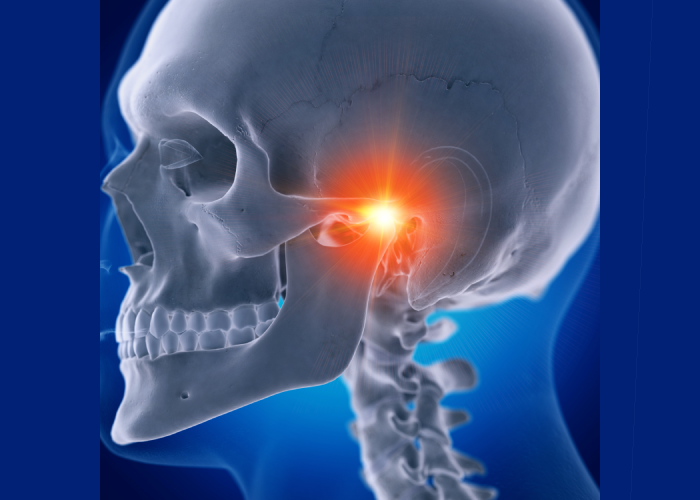Temporomandibular joint (TMJ) disorders affect the jaw joints, and cause difficulty for proper jaw function. An experienced dentist can diagnose the disorder, which left untreated can become very painful.
Key takeaways:
- A dentist can undertake a thorough examination to assess your bite and jaw for a TMJ disorder.
- Other oral issues such as cavities, infections, teeth grinding and excessive chewing have symptoms similar to a TMJ disorder.
- If your dentist suspects a problem with your TMJ they may recommend an x-ray to investigate further.
“A comprehensive oral exam with your dentist is the best way to begin getting a diagnosis. A dentist experienced in treating TMJ disorders can evaluate your bite and jaw for signs that TMJ is present.”
Read the full story here
https://yourdentalhealthresource.com/how-is-tmj-diagnosed/ Matthew Houlton BDS(Sheffield) MFGDP(UK)
Matthew Houlton BDS(Sheffield) MFGDP(UK)I’m Matthew Houlton, principal dentist and practice owner of Manor House Dental Practice.
Qualified from Sheffield dental hospital in 1993.
Post graduate training with Paul Tipton (Specialist Prosthodontist) from 2005-2007.
Diploma for Membership of the Faculty of General Dental Practice (UK) 2007.
Special interest in Orthodontics.
Yorkshire Deanary Fixed Appliance Training Scheme 2002-2004.
I have worked at York Hospital’s orthodontic department one session a week since 2009.
Member of the British Society of Occlusal Studies (the study of temporomandibular disorder).
I have two children, who keep me busy when I am not at the practice. I take a keen interest in and teach Aikido, a martial art, to keep a healthy mind and body.

